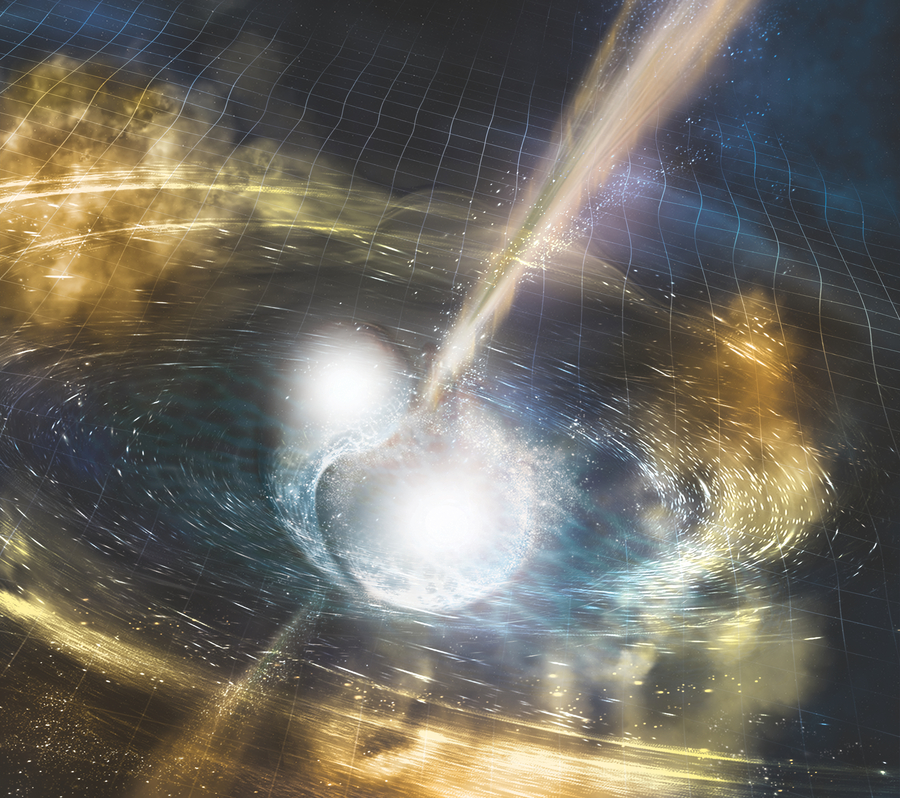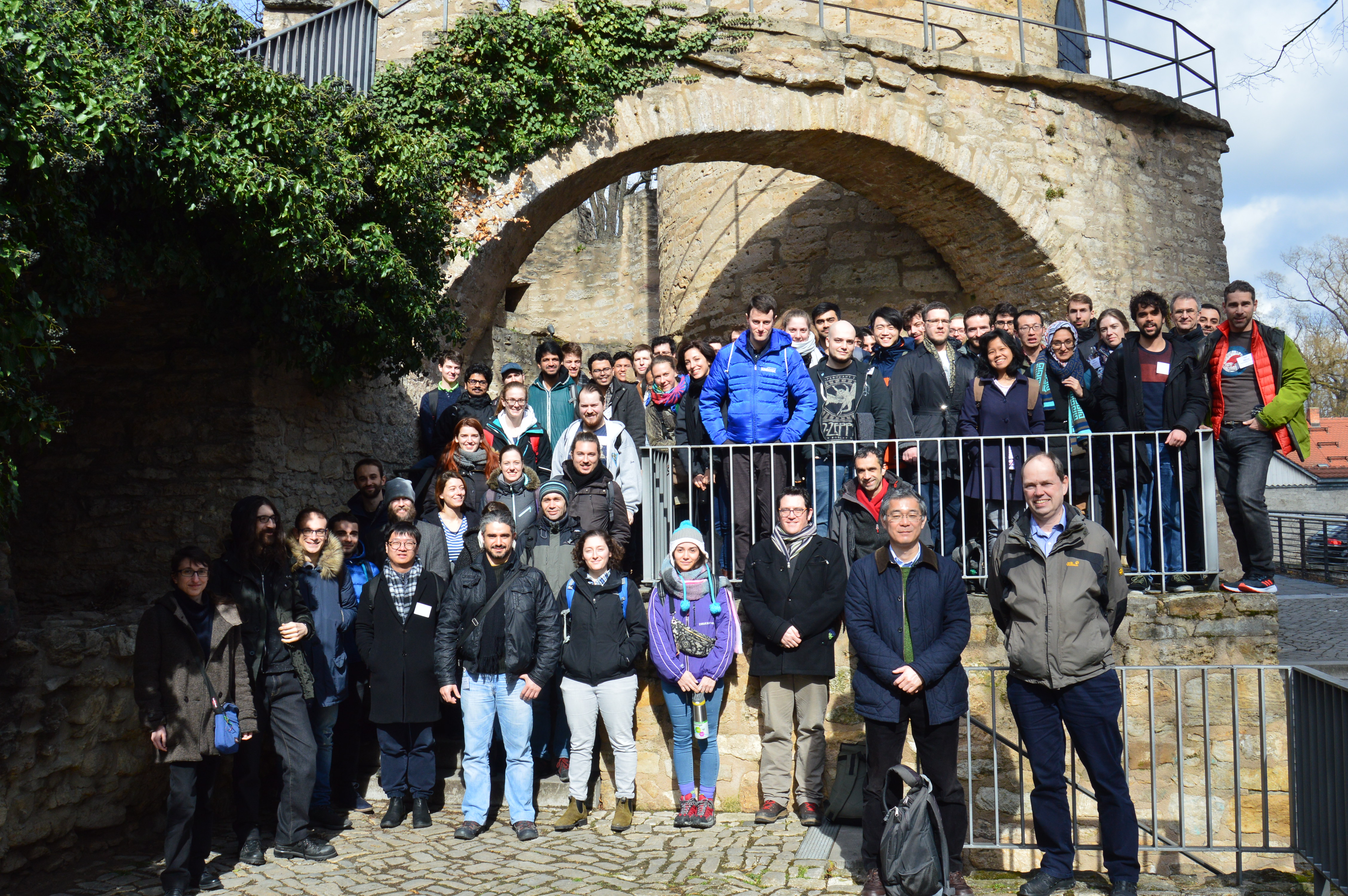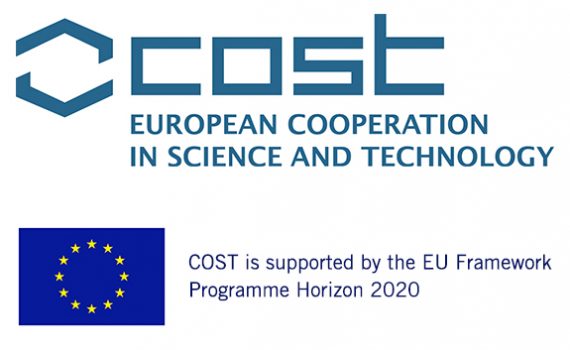The era of gravitational-wave astronomy and multi-messenger astrophysics with compact binaries has started with the recent detections of gravitational waves from merging black holes and neutron stars by the Advanced LIGO and Virgo observatories and with the observations of electromagnetic counterparts to GW170817. Exploiting the science potential of multi-messenger observations requires interdisciplinary expertise. A full understanding of the different signals from compact binaries composed of neutron stars is possible only if different communities join a common research effort. Key to this science is the training of young scientists and the building of a common ground for scientific interaction.
The first PHAROS PhD training school on multi-messenger physics and astrophysics with compact binaries will be held in Jena (Germany) from Monday March 11 to Friday March 15 2019. The goal of the PHAROS school is to contribute to the training of the next generation of scientists that will face the problem of interpreting multi-messenger data in the coming years. The school brings together scientists with diverse portfolios and updates them on some of the key aspects of the physics of compact binaries. The school focuses on compact binaries composed of neutron stars. It addresses a number of related topics:
- Observational aspects. Current and future observatories, their operational mode, and the network organization. Main observables and their connection to astrophysical phenomena and sources. Relations between the sources and the emission mechanisms in the different bands and channels (gravitational, electromagnetic and neutrinos). Observational constraints to neutron star and merger remnant properties, and to the dense matter equation of state.
- Theoretical modeling. Formation channels of compact binaries; masses distributions and rates. Coalescence dynamics and gravitational signals from general and numerical relativity. High-energy astrophysical phenomena; short gamma-ray burst and kilonova modeling and their connection to the strong-field dynamics. Role of nuclear and weak interactions in the merger dynamics and remnant; status and challenges of physical input models for theory and simulations.
- Data analysis. Bayesian methods and standard tools employed by different communities. Shared frameworks for multi-messenger data analysis: status and perspectives. Data reduction and observational inputs. Input from theoretical modeling: model requirements and interpretation challenges.
Lecturers
- AKCAY Sarp (Jena U)
- ARCONES Almudena (Darmstadt U/GSI)
- FORTIN Morgan (CAMK)
- MAPELLI Michela (Padova U)
- MESSENGER Chris (Glasgow U)
- OHME Frank (AEI Hannover)
- PEREGO Albino (INFN)
- SHIBATA Masaru (AEI/Kyoto)
- TANVIR Nial (Leicester U)
Public Seminar
- BAUMGARTE W. Thomas (Bowdoin College)
Scientific Organizing Commitee
- ANDERSSON Nils (Southampton U)
- BERNUZZI Sebastiano (Jena U)
- BRUEGMANN Bernd (Jena U)
- HANNAM Mark (Cardiff U)
- HASKELL Brynmor (CAMK)
- MEINEL Reinhard (Jena U)
- NISSANKE Samaya (UvA)
- OERTEL Micaela (Meudon)
- ROWLINSON Antonia (UvA)
- REA Nanda (CSIC)
- TOLOS Laura (Frankfurth Goethe U)






